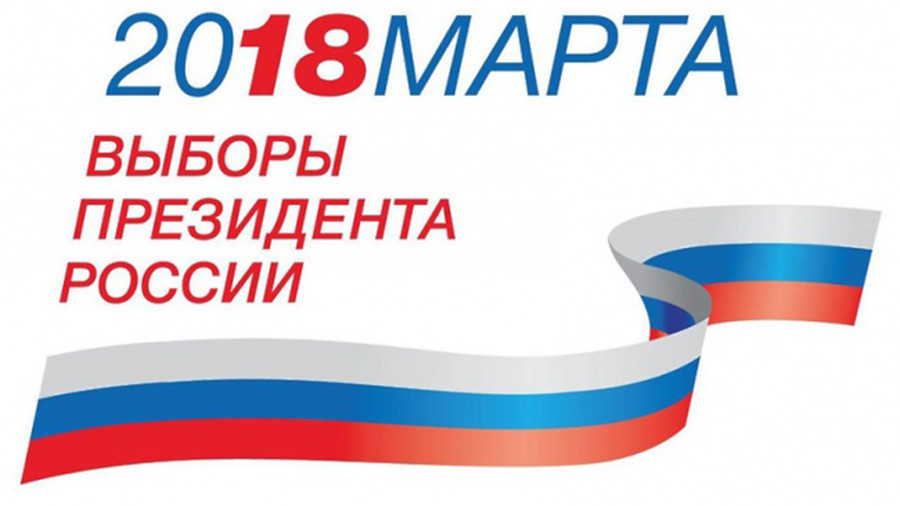Similar to other countries with such long histories, the Russian government has undergone various complete transformations. From early Rus, to the time of the Tsars, to a revolution that birthed the Soviet Union and finally the restructuring into a democratic Russian Federation. The mark of any democracy is the establishment of a free and competitive election process. That is what makes 18 March 2018 a day of significance, the Russian Federation Presidential elections.
Similar to other countries with such long histories, the Russian government has undergone various complete transformations. From early Rus, to the time of the Tsars, to a revolution that birthed the Soviet Union and finally the restructuring into a democratic Russian Federation. The mark of any democracy is the establishment of a free and competitive election process. That is what makes 18 March 2018 a day of significance, the Russian Federation presidential elections.

Brief History:
- 12 June 1991: First presidential election: Boris Yeltsin official elected the first president of the Russian Federation. Served for two terms (10 July 1991-December 1999)
- 26 March 2000: Third presidential election: Vladimir Putin becomes the official second president of the Russian Federation. Served for two terms (May 2000-May 2008)
- 2 March 2008: Fifth presidential election: Dmitry Medvedev becomes the third official president of the Russian Federation. Served for one term (May 2008-May 2012).
- 4 March 2012: Sixth presidential election: Vladimir Putin becomes the official fourth president of the Russian Federation. (May 2012-Current).
- 18 March 2018: Seventh Presidential election.
Qualifications and terms of Russian Presidency:
2008, the Russian Constitution was amended to change presidential terms from 4 to 6 years. Serving 6-year terms, a Russian President cannot serve more than two terms consecutively. A Russian President must be at least 35 years old and have permanently resided in Russia for the past 10 years.

Election Process:
The election process has a two round system. In the first round, if one candidate receives a simple majority, the election process is over. However, if a simple majority is not reached in the general first round of elections, the election process moves to round two. In round two a second election is held by the two candidates who received the most votes in round one.
In Russia, the minimum age to vote is 18. Elections take place on Sundays, with the polls open from 8:00am-10:00pm to ensure voter turnout. With Russia being a country that spans 11 time zone, it can often take over 24 hours for an election to conclude. To encourage greater voter turn out, it is not uncommon to see signs, commercials or reminders to go out to the polls and cast your vote. Current 2018 opinion polls have President Vladimir Putin favored to win and maintain the presidency for another 6-year term.

With the upcoming election, lets learn some Russian!
Голос (на выборах): vote in elections
Голосование: vote
Голосовать/проголосовать (за кого/за что; против кого/чего): to vote for somebody; to vote against somebody
Кандидат (в президенты):candidate (for president)
In the 2018 Presidential elections, there will be 8 candidate appearing on the ballot
2018 марта выборы президента России: 2018 March Russian Presidential elections
политические партии: Political parties